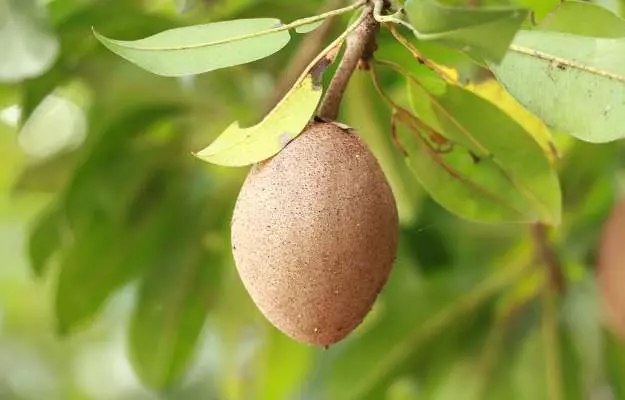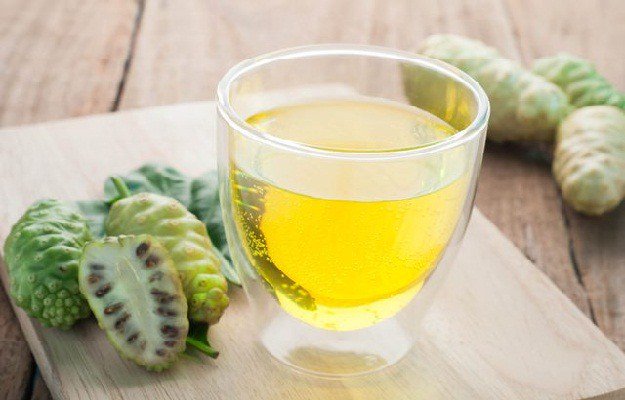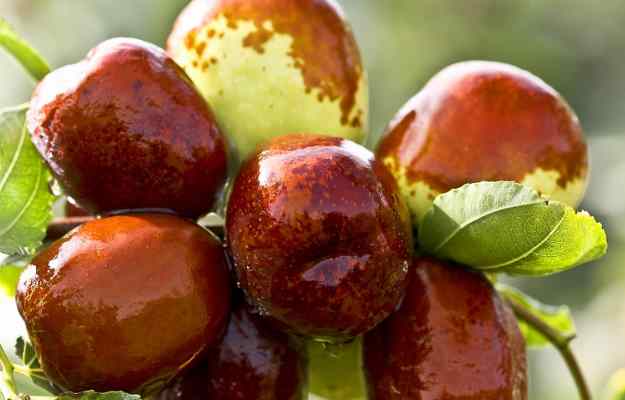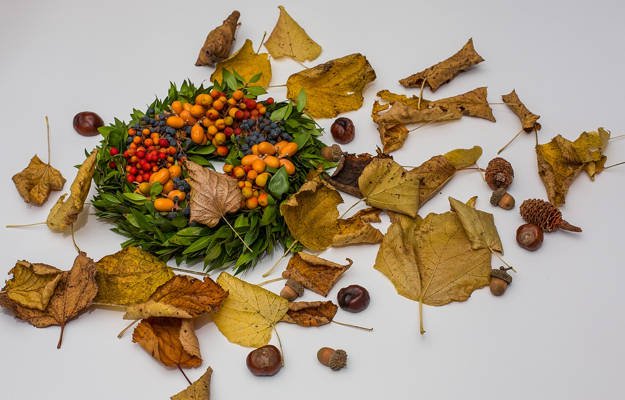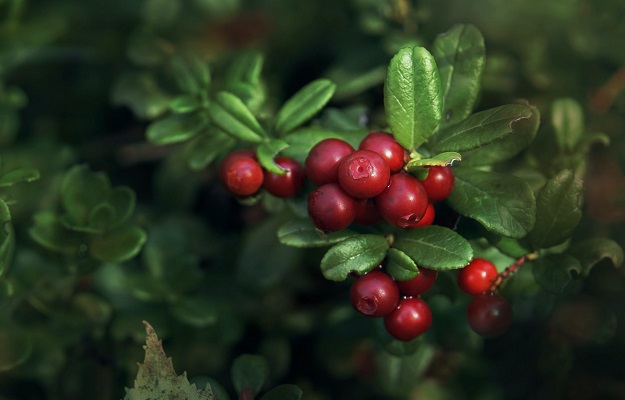All fruits are packed with dietary fiber, vitamins, minerals and antioxidants, which is why the World Health Organization (WHO) recommends the consumption of at least 400g of fruits and vegetables every day for the prevention of chronic diseases like heart disease, cancer, diabetes, obesity and nutritional deficiency.
Of these fruits, chiku or sapota is very popular and widely available in India. This pulpy, brown fruit is naturally sweet and has a grainy texture. The fruit is only edible when it is ripe and is packed with all the fiber, vitamins and minerals that plant-based healthy foods have. What’s more, among tropical fruits, chiku is reported to have the highest antioxidant activity and is considered to be extremely beneficial for health.
Did you know?
Chiku is high in calories but has very low levels of fat and zero cholesterol. This combination makes it a high-energy provider while ensuring that your waistline or cholesterol levels aren’t added to. Chiku, as well as its seeds, leaves and stems, have also been used extensively in Ayurveda since time immemorial for the many medicinal benefits of the entire plant. Read this article to find out more about chiku.
Some basic facts about chiku:
- Botanical name: Manilkara zapota
- Family: Sapotaceae
- Common name: Sapota, zapota, chiku
- Sanskrit name: Vikkotam
- Parts used: Fruit, stems, leaves
- Native region and geographical distribution: Chiku is grown in many parts of the world, including India, Pakistan, Thailand, Malaysia, Cambodia, Vietnam, Bangladesh and Mexico. The state of Karnataka is the largest producer of chiku in India.

